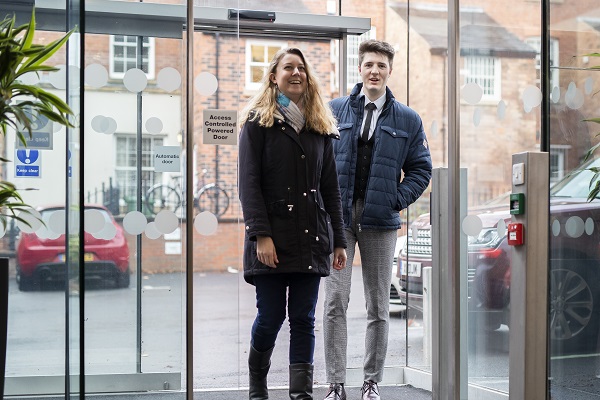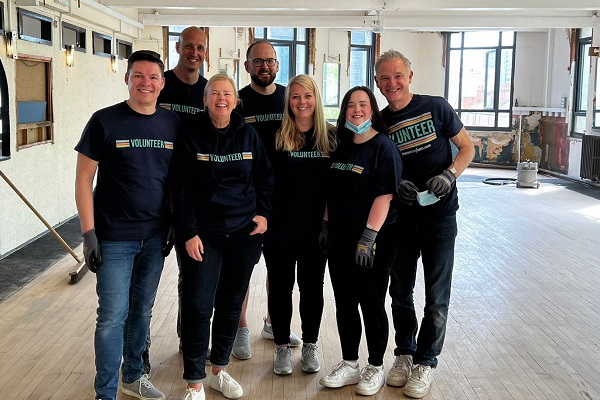What does life at The Nottingham look like? Our team make it what it is - a vibrant, inclusive and innovative place to work. And the best part? We’re a mutual, which means we don’t have shareholders. Instead, we’re owned by our members and use our money to do good - helping people own their own homes, supporting our communities, and investing in our people and infrastructure for a strong and sustainable Society.
Although our history spans the last 175 years, our purpose of helping people save and own their own home is enduring. This means supporting them through life’s key milestones, which we also strive to do for our colleagues too.



